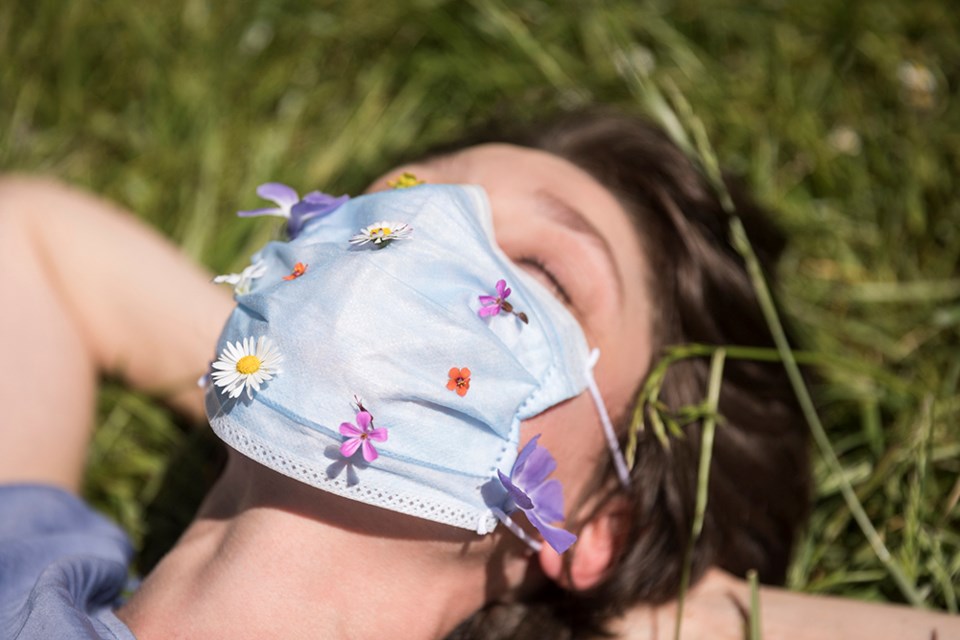Life has been a complicated and confusing business during this ongoing COVID-19 disruption compared to how things were before the pandemic. Wearing a mask and looking for arrows at the end of grocery store aisles is beginning to feel eerily normal and now, we have been told, we might get parts of our previous life back.
Just my luck, I finally found a mask which satisfies my terminal vanity, and rules about wearing them might end.
It has been so long; I am beginning to question if yesterday’s normal is worth returning to without asking a few questions.
For example, what is normal, anyway?
Normal is defined as behaviour which is expected and conforms to an established standard. So normal has nothing to do with goodness or health, for individuals or society as a collective. It’s just something we do to fit in with everyone else.
Cigarette smoking on airplanes, in restaurants and hospitals was, not too long ago, totally acceptable, normal behaviour.
So normal is a standard measurement of what, at a specific point in time, is considered good, acceptable behaviour. Even if that good behaviour is bad. Yes, it’s confusing and contradictory for me, too.
I am firmly, and humbly, on the healthy side of long-term addiction. It is sobering to think about what I considered normal for decades.
Chemical and behavioural acts of severe self-harm were performed ritualistically and almost nightly. How could I think drinking 26 ounces of vodka or whisky, alone, with work at 8 am, was a good idea? Now I can see that, at the time, I completely normalized self-poisoning with whatever was available.
I now feel sympathy for the person I was and what he considered normal. It was a choice, but it was not, to further confuse and contradict everything.
It was when my shoulders were held and pointed toward Maple Ridge Treatment Centre (MRTC) when I first really focused on a normal worth striving toward. There were about 15 intelligent, loving professionals guiding about 60 men toward healthier ways to behave and, subsequently, a better place in the world.
Mostly, everyone at MRTC wanted a new normal to replace the destructive, violent one they walked away from. It felt good to be in an environment which only existed to fix broken minds, bodies and souls, 60 at a time, in a 30- or 60-day rotation. There was a lot of natural sunlight and positive movement in that old wood-framed building beside the train tracks.
The same services are provided by selfless, educated people in Powell River. Professionals and volunteers working for Vancouver Coastal Health or at Milkat Recovery Society focus on improving the people and place where we live, one person at a time, one day at a time.
The post pandemic, new normal will include more kindness and compassion as we aim higher for the moving target of better standard behaviour to emulate. Do I think having positive thoughts and embracing compassionate values will manifest into a better place?
A short, noncontradictory answer is, yes, it will.
Robert Skender is a Powell River freelance writer and health commentator.



